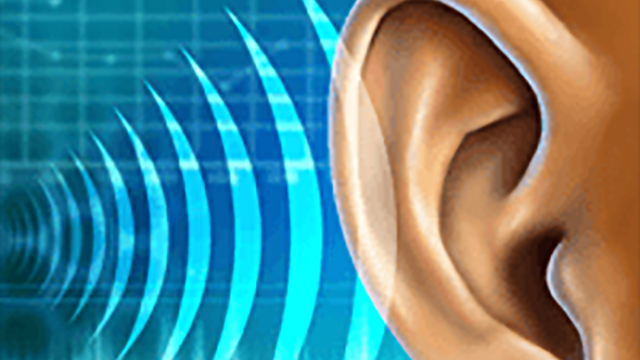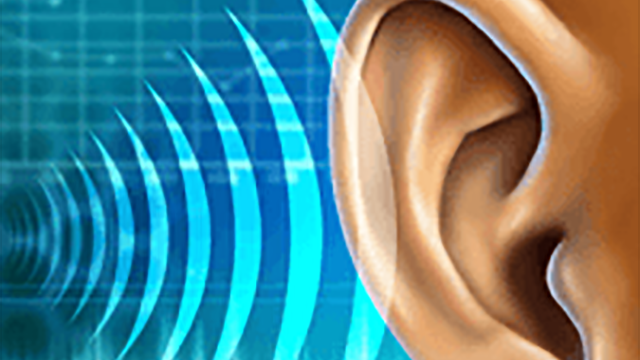
Researchers in England have found that hearing annoying and irritating noise stimulates a part of the brain associated with strong emotions. Not surprisingly, the number of sounds that we hear that are unpleasant can interfere with concentration and our ability to think clearly. However, for individuals with tinnitus, listening to unpleasant sounds can be a constant irritant.
 The Brain Hears, You Feel
The Brain Hears, You Feel
Researchers at Newcastle University were curious about how the brain responds to unpleasant noises. Testing volunteers with functional MRIs as they listened to annoying sounds, they found that the amygdala and auditory cortex of the brain actively work together. As a result, they concluded that annoying or unpleasant sounds are perceived as “unpleasant” because when the sound is heard, it is interpreted by the emotion-center – the amygdala – as such.
Interestingly, the sounds that are perceived as the most annoying also fall within the range of a human scream. This may be a genetic response to the need for human survival. If screams are perceived as annoying, the hearer may take steps to alleviate the source of distress from the screamer.
Here are the Most Unpleasant Sounds according to Newcastle University. Listen, if you dare.
1. Knife on a bottle
2. Fork on a glass
3. Chalk on a blackboard
4. Ruler on a bottle
5. Nails on a blackboard (we think this one is the worst)
Meditation and the Brain
For individuals with tinnitus, listening to annoying sounds can be a constant problem. Tinnitus is an unexplained phenomenon in which the brain hears a high whistling noise. The sound is also sometimes described by patients as a humming, buzzing or ringing noise. The harder the patient tired to ignore the noise, the louder it seems to become for them.
One of the methods to address tinnitus that has proven successful is mindful meditation, such as Vipissana. This form of meditation does not focus on pushing annoyances or distressful thoughts away. Instead, it encourages practitioners to acknowledge annoyances and come to terms with them. By accepting distressful thoughts and disturbances, the brain dismisses them and they no longer are a focus of attention.
Vipissana is a form of mindful meditation that is not spiritually or religiously based. It has been used successfully in prison systems, with cancer patients and among individuals seeking a method to improve their concentration abilities and overall health. Practiced in India for thousands of years, it has only recently come to the attention of Western medicine as a potential complimentary approach to maintaining health.
Which sound did you think was the worst? Have you ever thought about meditation as a means to deal with annoyances in your life?
– The Alternative Daily

